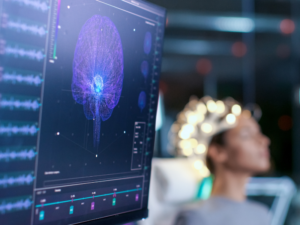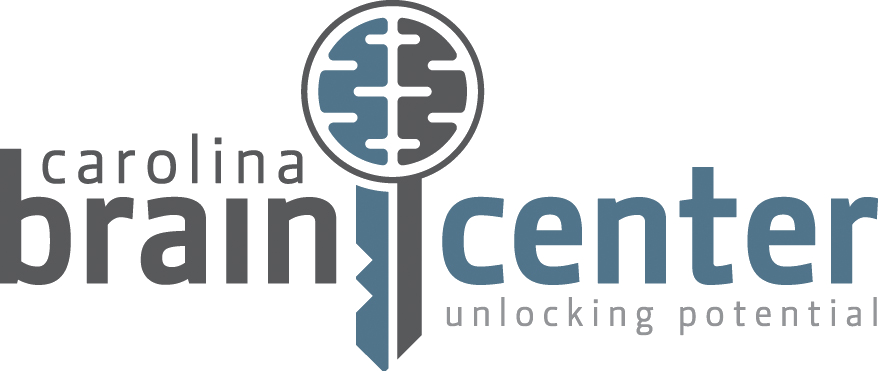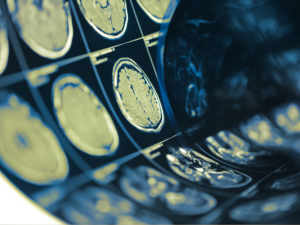Severe TBIs vs. Concussions: What You Should Know
Traumatic brain injuries (TBIs) encompass a broad spectrum of head injuries, ranging from temporary concussions to permanent life-altering events. Understanding the differences between concussions and more severe types of TBIs is crucial when seeking treatment.
Here at Carolina Brain Center, we have years of experience dealing with TBIs, concussions, and other neurological conditions. We know how to recognize their respective signs and symptoms, and that allows us to identify the best possible paths to recovery for our patients.
To help you understand the difference between severe TBIs vs. concussions, we’ve put together the following guidelines. The more educated you are about your own condition, the better equipped you are to make the right choices during your recovery. For more information about TBIs and concussions, visit Carolina Brain Center today.
Severe TBIs vs Concussions: What’s the Difference?
Concussions are considered mild traumatic brain injuries. They often result from a blow, jolt, or sudden movement to the head or body, causing the brain to shake within the skull. While concussions are generally not life-threatening, they can lead to a range of symptoms that affect cognitive, physical, and emotional well-being.
Severe TBIs, on the other hand, involve more extensive damage to the brain and can have life-threatening implications. These injuries typically result from a forceful impact, penetration, or severe shaking of the head, leading to significant disruption of brain function.
Signs and Symptoms
Concussions
- Loss of Consciousness: Zero to 60 seconds.
- Headache: Often the most common symptom after a concussion.
- Dizziness or Vertigo: Feeling lightheaded, off-balance, or experiencing a spinning sensation.
- Nausea or Vomiting: Feeling queasy or actually vomiting post-injury.
- Temporary Confusion or Disorientation: Momentary disorientation, trouble focusing, or memory problems.
- Sensitivity to Light or Noise: Heightened sensitivity to light or sound.
- Fatigue: Feeling unusually tired or having low energy levels.
Severe TBIs
- Loss of Consciousness: Unconsciousness after the injury, ranging from minutes to hours.
- Severe Headache: Intense and persistent headaches following the injury.
- Seizures: Sudden, uncontrolled electrical activity in the brain.
- Slurred Speech or Incoherence: Difficulty speaking or forming coherent sentences.
- Numbness or Weakness: Loss of sensation or motor function in limbs.
- Persistent Confusion or Agitation: Long-lasting disorientation or emotional disturbances.
Recovery Paths

Concussions
- Rest and Observation: Adequate rest, both physical and cognitive, is crucial for concussion recovery.
- Gradual Return to Activities: Slowly reintroducing activities as symptoms improve under medical guidance.
- Monitoring Symptoms: Consistent monitoring of symptoms to ensure they don’t worsen during recovery.
- Functional Neurology: Receiving treatment for an experienced functional neurology professional can help exercise your brain and restore it to full health.
Severe TBIs
- Hospitalization and Medical Intervention: Immediate medical attention and intensive care may be necessary.
- Rehabilitation Programs: Specialized therapies involving physical, occupational, and speech therapies to regain lost function. Functional neurology can also help relieve symptoms and enhance the healing process.
- Long-Term Monitoring: Continual monitoring and follow-up care to manage ongoing symptoms and potential complications.
Carolina Brain Center Treats TBIs, Concussions, and More!
Knowing how to identify severe TBIs vs. concussions is essential for accurate diagnosis and appropriate treatment. While concussions often resolve with rest and time, severe TBIs may require extensive medical intervention and rehabilitation. Recognizing the signs, promptly seeking medical attention, and following recommended recovery protocols is critical for optimizing outcomes and ensuring the best possible recovery for individuals affected by these injuries.
If you or someone you love has suffered a traumatic brain injury, Carolina Brain Center can help guide you down the road to recovery. We believe in a holistic and patient-centered approach to care, which is why we tailor our treatment plants to the specific needs and capabilities of each individual patient.
Let’s work together to design the perfect treatment plan for you; contact us today!


